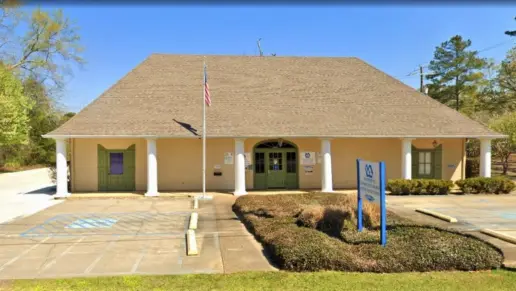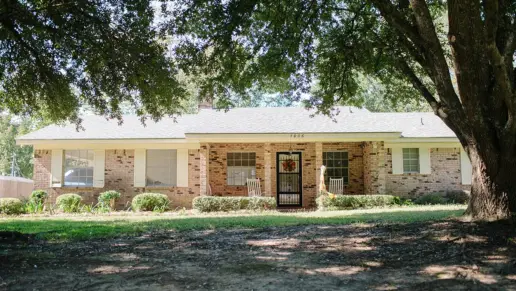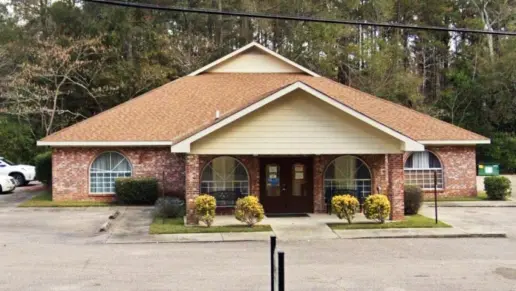The doctors of this place prescribed me incorrect medications that caused serious damage to my health, they should be more careful with the work they do because they are playing with the lives of people. This was my first and last visit to this place.
About Lifecore Health Group
Lifecore Health Group offers behavioral care and alcohol and drug treatment programs for children, adolescents, and adults in Tupelo, Mississippi. Their 40+ bed facility provides integrated treatment plans in a quiet and stable setting conducive to recovery. They’re a residential facility with modern amenities. They offer many addiction prevention services in addition to supporting those in recovery. Dual diagnosis care is available for clients with co-occurring conditions.
Their inpatient program allows you to live at the facility and use its amenities while participating in treatment. It’s ideal if you’re in an unstable living situation or with severe symptoms. Staff are present at the facility 24 hours a day, seven days a week, to monitor and help patients. You’ll work with a dedicated care team to develop and navigate your treatment plans. At the core of every treatment plan is therapy, which occurs in individual, group, and family settings. Group therapy allows you to share your experiences and learn from one another in a supportive environment. Inpatient care includes family services. Education is provided for your loved ones to help them understand the nature of addiction and how they can support you during recovery.
Their outpatient program is for those coming from stable backgrounds and don’t require close monitoring. It’s a step down from inpatient care, but you may enter it directly if an assessment determines they are a good fit for the program. You won’t live at the facility during outpatient care but visit to receive treatment. The same quality of treatment one receives in the inpatient program is also available for outpatient treatment. It’s provided on a flexible schedule to accommodate a client’s jobs, classes, and other responsibilities. Following treatment, you’ll leverage their aftercare services to connect with local providers that can support their continued, long-term recovery.
They may be in-network with most private insurance providers. They also accept Medicare. Verify coverage with your insurance provider as out of network benefits could vary.
Latest Reviews
Rehab Score
Gallery
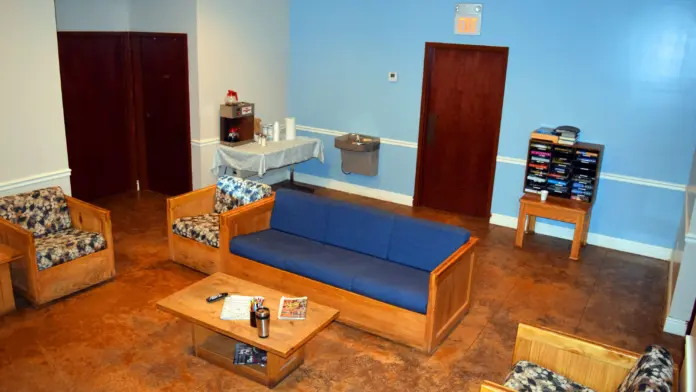
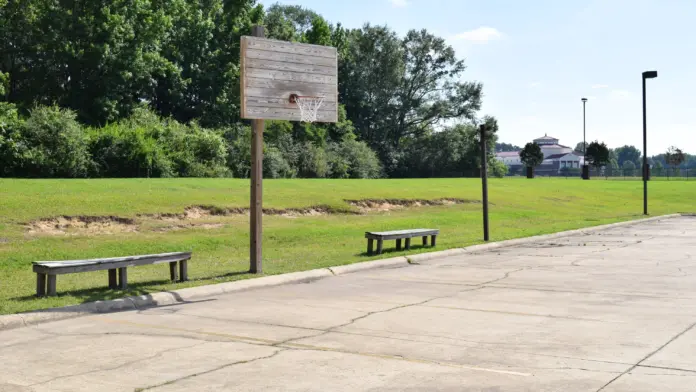
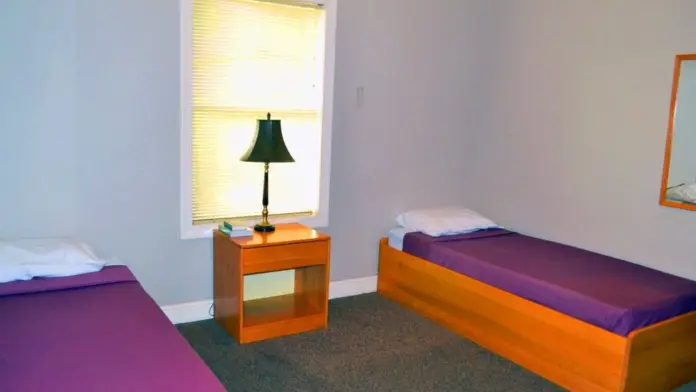
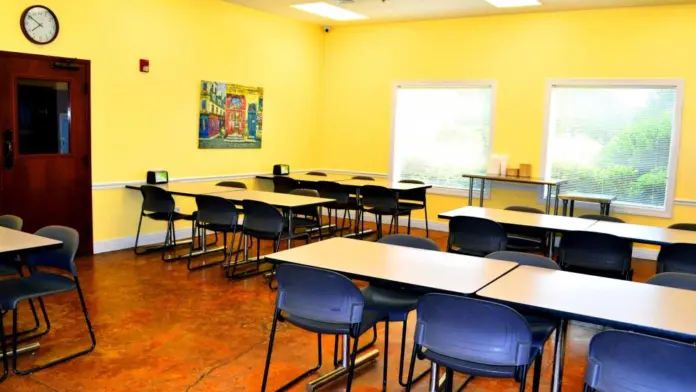

Location
Accepted Insurance

Other Forms of Payment
Medicaid is a state based program that helps lower-income individuals and families pay for healthcare. Medicaid covers addiction treatment so those enrolled can use their coverage to pay for rehab. When a program accepts Medicaid the client often pays very little or nothing out of their own pocket.
Private insurance refers to any kind of healthcare coverage that isn't from the state or federal government. This includes individual and family plans offered by an employer or purchased from the Insurance Marketplace. Every plan will have different requirements and out of pocket costs so be sure to get the full details before you start treatment.
Self-pay involves paying for treatment out of your own pocket. You can use savings or credit, get a personal loan, or receive help from family and friends to fund your treatment. If you don't have insurance or your insurance plan doesn't cover a specific program, self-pay can help ensure you still get the care you need.
Medicare is a federal program that provides health insurance for those 65 and older. It also serves people under 65 with chronic and disabling health challenges. To use Medicare for addiction treatment you need to find a program that accepts Medicare and is in network with your plan. Out of pocket costs and preauthorization requirements vary, so always check with your provider.
Military members, veterans, and eligible dependents have access to specific insurance programs that help them get the care they need. TRICARE and VA insurance can help you access low cost or no cost addiction and mental health treatment. Programs that accept military insurance often have targeted treatment focused on the unique challenges military members, veterans, and their families face.
Addiction Treatments
Levels of Care
Treatments
Many of those suffering from addiction also suffer from mental or emotional illnesses like schizophrenia, bipolar disorder, depression, or anxiety disorders. Rehab and other substance abuse facilities treating those with a dual diagnosis or co-occurring disorder administer psychiatric treatment to address the person's mental health issue in addition to drug and alcohol rehabilitation.
Mental health rehabs focus on helping individuals recover from mental illnesses like bipolar disorder, clinical depression, anxiety disorders, schizophrenia, and more. Mental health professionals at these facilities are trained to understand and treat mental health issues, both in individual and group settings.
Programs


Clinical Services
Cognitive Behavioral Therapy (CBT) is a therapy modality that focuses on the relationship between one's thoughts, feelings, and behaviors. It is used to establish and allow for healthy responses to thoughts and feelings (instead of unhealthy responses, like using drugs or alcohol). CBT has been proven effective for recovering addicts of all kinds, and is used to strengthen a patient's own self-awareness and ability to self-regulate. CBT allows individuals to monitor their own emotional state, become more adept at communicating with others, and manage stress without needing to engage in substance abuse.
Group therapy is any therapeutic work that happens in a group (not one-on-one). There are a number of different group therapy modalities, including support groups, experiential therapy, psycho-education, and more. Group therapy involves treatment as well as processing interaction between group members.
In individual therapy, a patient meets one-on-one with a trained psychologist or counselor. Therapy is a pivotal part of effective substance abuse treatment, as it often covers root causes of addiction, including challenges faced by the patient in their social, family, and work/school life.
Trauma therapy addresses traumatic incidents from a client's past that are likely affecting their present-day experience. Trauma is often one of the primary triggers and potential causes of addiction, and can stem from child sexual abuse, domestic violence, having a parent with a mental illness, losing one or both parents at a young age, teenage or adult sexual assault, or any number of other factors. The purpose of trauma therapy is to allow a patient to process trauma and move through and past it, with the help of trained and compassionate mental health professionals.
Research clearly demonstrates that recovery is far more successful and sustainable when loved ones like family members participate in rehab and substance abuse treatment. Genetic factors may be at play when it comes to drug and alcohol addiction, as well as mental health issues. Family dynamics often play a critical role in addiction triggers, and if properly educated, family members can be a strong source of support when it comes to rehabilitation.
Amenities
-
Residential Setting
-
Private Rooms
Staff

CEO

CFO

Human Resource Director

Chief Learning Officer
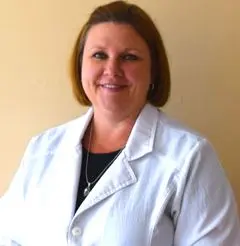
Executive V.P. Pharmacy
Contact Information
2434 South Eason Boulevard
Tupelo, MS 38804







